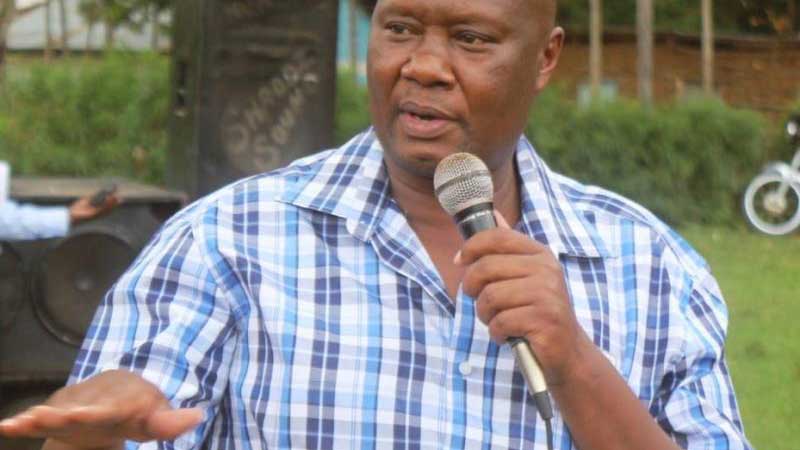×
The Standard e-Paper
Stay Informed, Even Offline

County governments in Western Kenya are grappling with huge debts inherited from defunct local authorities. Last year the national Government left all liabilities inherited from the local authorities to the devolved units.
This means that some county governments will have to compromise development projects to settle debts the former county council owed.